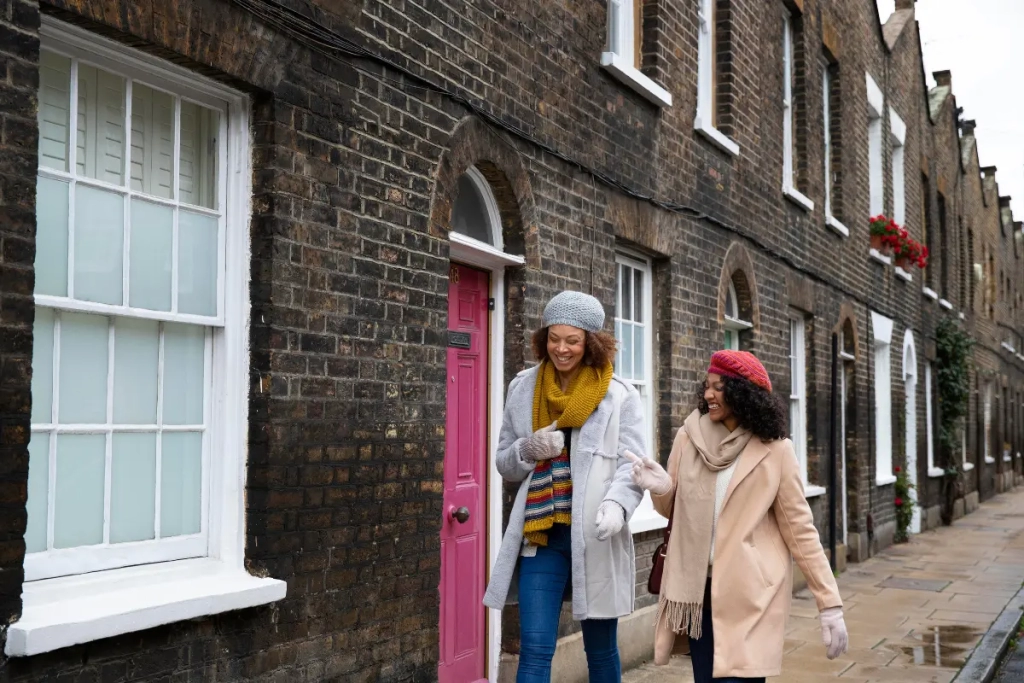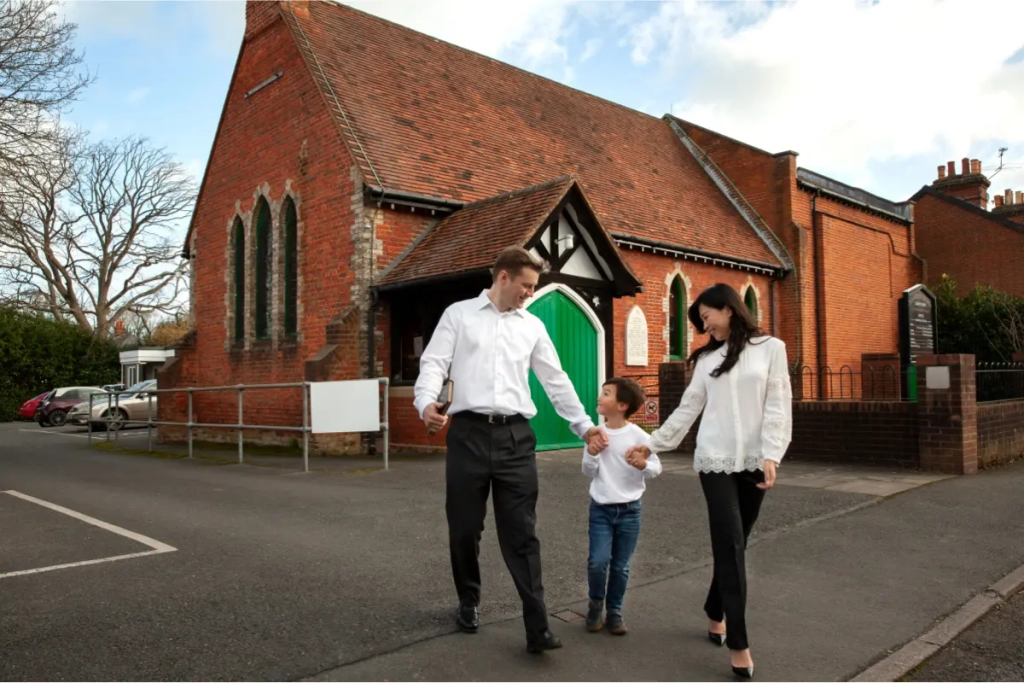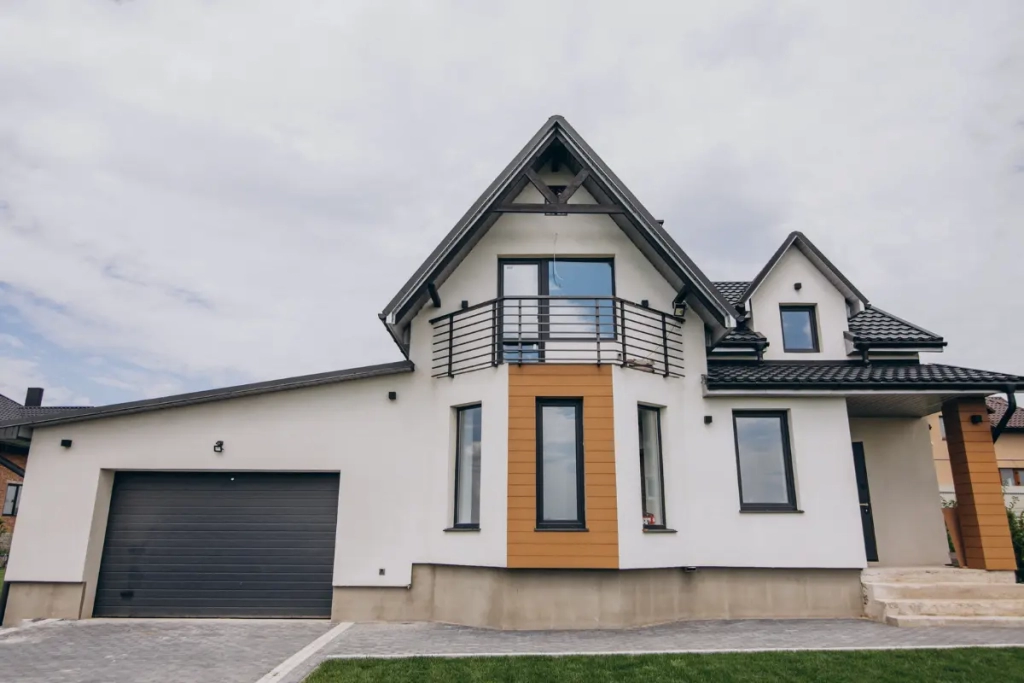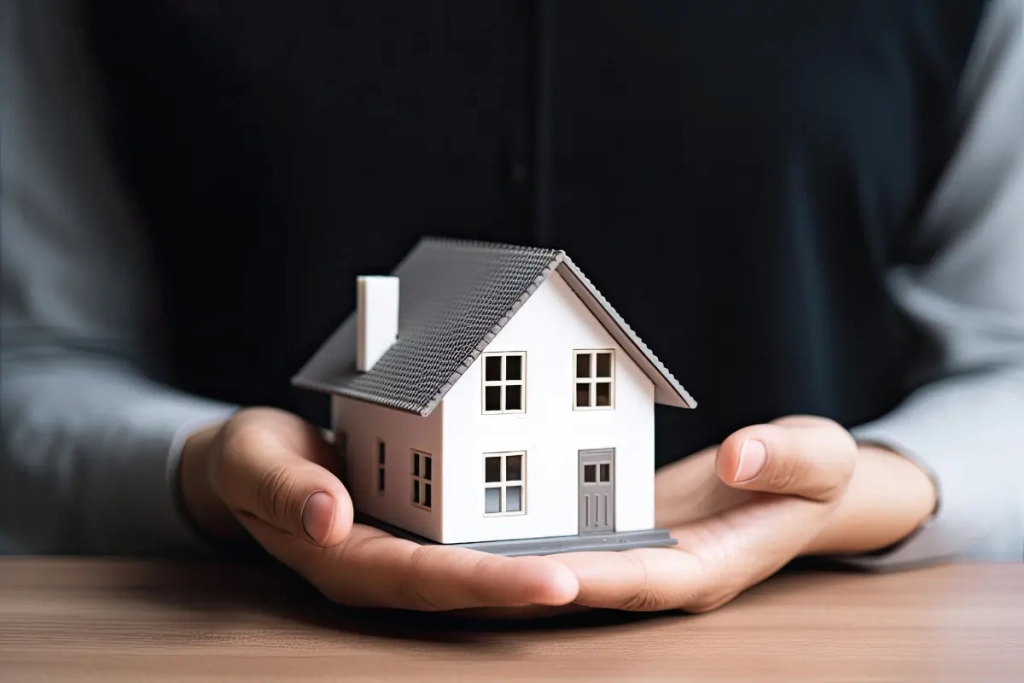
When buying a home in the UK, one of the biggest decisions you’ll face is whether to buy a new building or an older property. Each option has its own unique benefits and drawbacks, and the right choice depends on a range of factors, from personal preferences to financial considerations. In this article, we’ll explore the pros and cons of both new and old homes to help you make an informed decision about which is the better option for you.
Cost Considerations: New vs. Old
The price of a property is often the primary factor that influences a buyer’s decision. Generally, new homes tend to be more expensive than older homes. This price difference can be attributed to the fact that new homes are usually built with modern materials, technologies, and designs that comply with current building standards. Additionally, developers often add a premium to new builds due to their “move-in ready” appeal.
On the other hand, older homes may come with a lower initial price tag but could require more maintenance or renovation costs. This might include updating plumbing, electrical systems, or even structural repairs. It’s important to consider these potential hidden costs when deciding between a new or old house. Some older homes may also be located in prime locations, potentially offering better long-term value despite higher renovation costs.
Energy Efficiency
One of the most significant advantages of new homes is their energy efficiency. Due to modern building regulations, new builds must meet stringent energy standards. This means that they are typically better insulated and equipped with energy-efficient windows, heating systems, and appliances. Over time, this can translate into significant savings on utility bills.
In contrast, older homes tend to be less energy-efficient unless they have undergone recent upgrades. Many older properties have single-glazed windows, outdated heating systems, and inadequate insulation, leading to higher energy consumption. Retrofitting an older home to improve energy efficiency can be costly, though it can add value to the property over time.
For environmentally conscious buyers or those looking to save on energy bills, a new home might be the better option. However, it’s important to weigh the upfront cost of a new build against the potential savings on utilities in the long run.

Character and Charm
One of the primary reasons people are drawn to older homes is their character and charm. Period properties often feature architectural details like high ceilings, ornate moldings, original fireplaces, and large windows. These features can give older homes a unique appeal that many new builds lack.
New homes, on the other hand, tend to have a more uniform and modern design. While some people appreciate the clean, minimalist look of new builds, others may find them lacking in personality. However, developers are increasingly offering more bespoke options for new homes, allowing buyers to customize finishes and layouts to suit their tastes.
If you value historic charm and unique architecture, an older property might be more appealing. However, if you prefer a sleek, modern aesthetic or the opportunity to personalize your home from the ground up, a new build could be the better choice.
Maintenance and Repairs
One of the major advantages of buying a new home is that it typically requires less maintenance and fewer repairs in the early years. Most new builds come with a 10-year NHBC (National House Building Council) warranty, which covers structural defects and issues with the property. Additionally, new homes are built with modern materials that are designed to last longer and be more durable than those in older homes.
Older homes, however, can come with a wide range of maintenance issues, especially if they haven’t been well-maintained by previous owners. Common problems include outdated plumbing and electrical systems, dampness, or roof issues. While some buyers enjoy the challenge of restoring an older home to its former glory, others may find the constant need for repairs and upkeep overwhelming and costly.
[irp posts= “23428”]
For buyers who are looking for a hassle-free experience and want to avoid the risk of unforeseen repairs, a new build is likely the better option. However, for those willing to invest time and money into renovation, an older home can be rewarding, both in terms of satisfaction and potentially increased property value.

Space and Layout
Older homes tend to offer more space, both inside and out, compared to many new builds. Traditional properties often have larger rooms, higher ceilings, and more generous garden spaces. This is particularly true of homes built before the 1960s, when properties were generally built on larger plots of land. For families or those who value space and privacy, an older home might be the more attractive option.
New homes, by contrast, are often built with efficiency in mind, leading to smaller rooms and more compact layouts. Developers are increasingly focused on maximizing the number of homes they can build on a plot of land, which can result in smaller gardens and closer proximity to neighbors. However, new builds are typically designed with modern living in mind, offering open-plan layouts, en-suite bathrooms, and built-in storage, which can appeal to buyers who prefer a more contemporary feel.
When deciding between a new or old home, it’s essential to consider your lifestyle needs. If space and privacy are your priorities, an older home may provide better value for money. But if you prefer modern layouts and features, a new build could be more suitable.
Location and Community
Location is a key factor in any property decision. Older homes are often located in established neighborhoods with mature trees, parks, and a strong sense of community. These areas may also have better access to amenities such as schools, shops, and public transport links. Additionally, many older homes are located closer to city centers, making them more convenient for those who need easy access to urban areas.
New homes, on the other hand, are frequently built on the outskirts of towns or in newly developed areas. While this can offer a quieter, more suburban lifestyle, it may also mean that the surrounding infrastructure is still being developed. Schools, shops, and transport links may be limited initially, though they are likely to improve as the area becomes more established.
If being part of a well-established community with good amenities is important to you, an older home in a prime location may be the better option. However, if you’re looking for a more modern, peaceful environment and are willing to wait for the area to develop, a new build might suit your needs better.

Environmental Impact
As sustainability becomes an increasingly important consideration for homebuyers, the environmental impact of the property you choose is worth considering. New homes are generally built with energy efficiency and sustainability in mind. They are constructed using modern materials that are often more environmentally friendly and designed to reduce energy consumption.
Older homes, by contrast, were built before modern sustainability standards were introduced, meaning they may have a larger carbon footprint. While retrofitting an older home with energy-efficient systems and insulation can help reduce its environmental impact, this can be costly and time-consuming.
If minimizing your environmental footprint is a priority, a new build may be the more suitable option. However, with the right investment, an older home can also be made more energy-efficient and environmentally friendly.
Resale Value
When considering whether to buy a new or old home, it’s important to think about resale value. While new builds are often more expensive initially, they can sometimes lose value in the short term. This is because, like a new car, a new home may depreciate slightly after purchase, particularly if there are many similar properties in the same development.
Older homes, particularly those in desirable locations, tend to hold their value better over time. Period properties, for example, are often in high demand due to their character and unique features, which can make them a sound investment. Additionally, older homes that have been well maintained or renovated can appreciate significantly in value.
If you’re looking for a property that is likely to increase in value over time, an older home in a sought-after area may be the better investment. However, if you’re more focused on short-term convenience and modern features, a new build may still be the right choice for you.
Personal Preferences
Ultimately, the decision between a new or old home comes down to personal preference. Some people love the idea of a brand-new home with modern finishes and minimal maintenance, while others prefer the charm, character, and space that older homes offer. Your lifestyle, future plans, and what you value most in a home will guide your choice.
If you’re someone who values modern amenities, energy efficiency, and a low-maintenance lifestyle, a new build may be the best fit for you. With everything designed to be hassle-free and ready to move into, new homes offer a level of convenience that appeals to many first-time buyers and busy professionals.
Conversely, if you’re drawn to the history, character, and uniqueness of period properties, an older home might be more suitable. The architectural details, larger spaces, and established communities can make older homes feel more “homely” to some buyers. However, it’s essential to be prepared for the potential maintenance and renovation work that may come with owning an older property.

Conclusion: Which is Better?
The decision between buying a new or old house in the UK depends on your priorities and personal circumstances. Both options have their pros and cons, and what might be the best choice for one person could be entirely different for another.
If you’re looking for a hassle-free, energy-efficient, and modern home that requires little maintenance, a new build is likely the better choice. However, if you prefer a property with more character, space, and a potentially better resale value in a prime location, an older home could be more appealing.
Ultimately, the key is to assess your financial situation, lifestyle needs, and long-term plans carefully. Whether you opt for a brand-new property or an older home with a history, make sure you’re making a decision that aligns with your personal goals and circumstances.